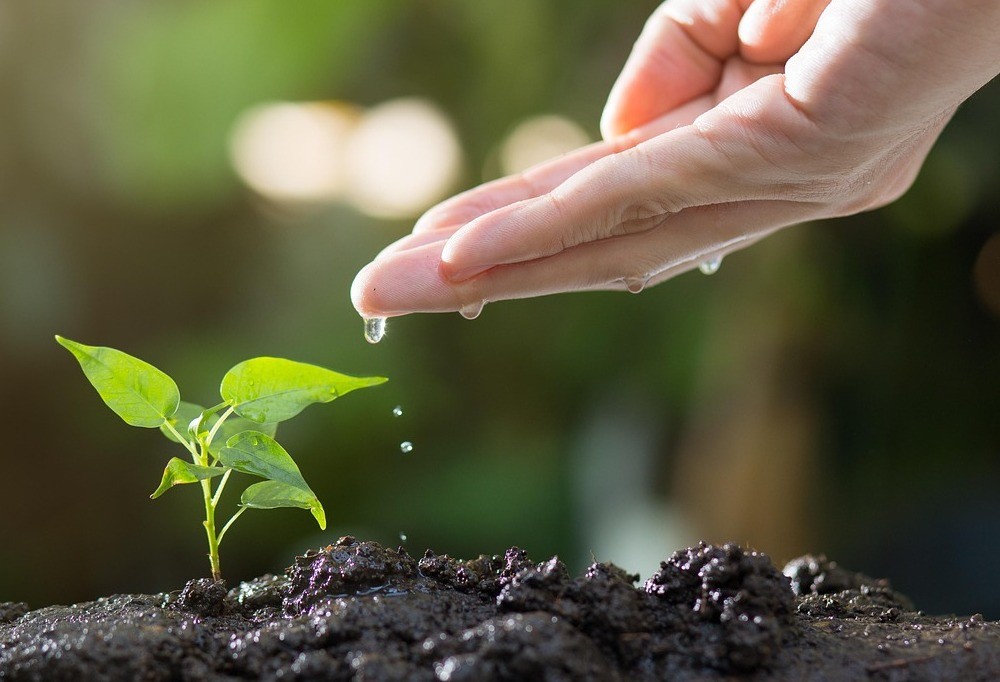On the occasion of the World Environment Day of 5 June, theOSSERVATORIO WASTE WATCHER INTERNATIONAL He spread the results of a research. The study highlighted the ever closer link between the concern for the environment – known as Eco-anxiety – and the adoption of virtuous behavior in daily life, in particular on the food front
Research on eco-anxiety that unites psychology, nutrition and sustainability
The study, entitled “Report between eco-anxiety, eating habits and domestic waste”was carried out as part of the Onfoods project with the contribution ofUniversity of Bologna. Possible thanks to the collaboration of the Departments of Agro-food and psychology sciences and technologies.
The initiative is part of the Zero waste campaign and is part of the national recovery and resilience plan (PNRR), mission 4 component 2 investment 1.3.
Concern for the environment and sustainable behaviors
L’eco-anxietydescribed as a form of persistent fear linked to the deterioration of the environment, seems to act as a catalyst for more aware choices. According to the monitoring conducted by Ipsos for Waste Watcher, 61% of Italians tend to have a more confident vision of the future of the planet when adopting useful behaviors to reduce food waste.
In addition, 53% actively engage in the prevention of waste as a concrete form of contribution to environmental protection.
Food safety at the top of the priorities
One of the most relevant aspects that emerged from the survey concerns the priority scale attributed to food: 93% of Italians consider the most important food safety of taste or price. 92% consider the healthiness of foods fundamental.
As the investigators of the investigation explain, Matteo fuck ed Elena Tomba: “The safety and health of food are not simple slogans, but essential conditions. Recognizing the importance of these characteristics means understanding that food waste must be framed in a wider perspective that recognizes the interconnection between human health and the health of the ecosystem”.
Digital as an ally against waste
The transformation of good intentions into concrete gestures passes more and more through digital tools. 49% of Italians regularly use sites and social networks to look for anti-pier recipes. Only 8% say they never do. Tutorials, video-fries and online communities thus become precious tools to encourage sustainable practices in domestic everyday life.
Eco-anxiety pushes action
“I try not to waste food due to concerns inherent in climate change”. With this statement 53% of the interviewees agree, while 26% very agree. In total, therefore, 79% transform their environmental anxiety into virtuous behavior.
Andrea Segrèscientific director of Waste Watcher International and promoter of the campaign Zero wastehighlights: “The investigation developed on the occasion of World Environment Day 2025 offers a look at how, starting from the safety of food, passing through digital tools and emotional leverage of echo-anxiety, it is possible to trigger a real virtuous circle of concrete behaviors”.

Acting is also good for mood
Countering food waste is not only a civic duty, but it can also generate emotional well -being. Putting concrete behaviors against food waste allows you to be optimistic towards the future is an awareness opens new possibilities for awareness campaigns.
These, in addition to providing practical instructions, will therefore also have to tell stories of daily success, capable of instilling hope and sense of community.

